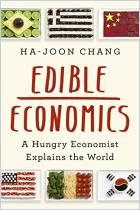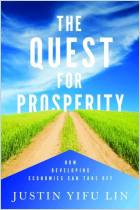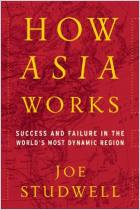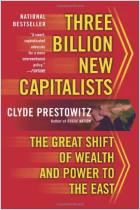
How Rich Countries Got Rich...and Why Poor Countries Stay Poor
First Edition: 2019 more...
ISBN: 9781541762893
Pages: 432
Recommendation
Experts have long pondered why some national economies grow while others languish. Economist Erik S. Reinert looks at history to dispute the assumptions of neoclassical theories in regard to economic development. His ideas are based on what he calls “evidence amassed in the laboratory of the international economy.” Mainstream economics, for instance, can’t explain China’s dramatic growth or other countries’ economic failures. Students of economics and public policy will find this an important reference book.
Summary
About the Author
Erik S. Reinert, a Norwegian citizen, is a professor at Tallinn University of Technology, Estonia, and at University College London. He is also the executive chairman of The Other Canon Foundation, a center for heterodox economists. How Rich Countries Got Rich...and Why Poor Countries Stay Poor has been translated into more than 20 languages.
















Comment on this summary or Start Discussion